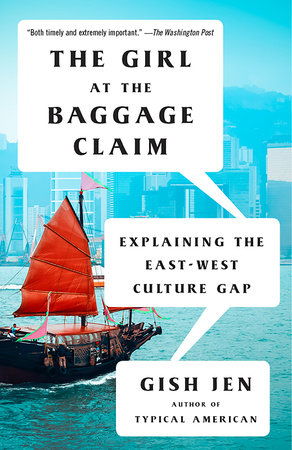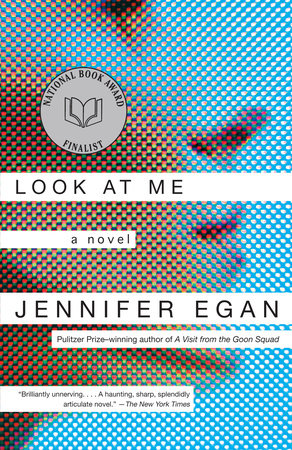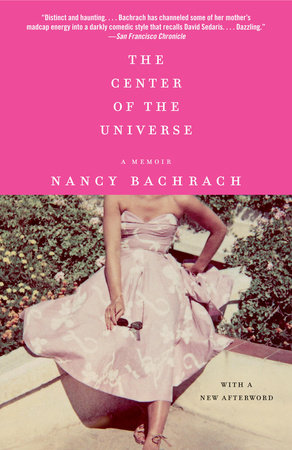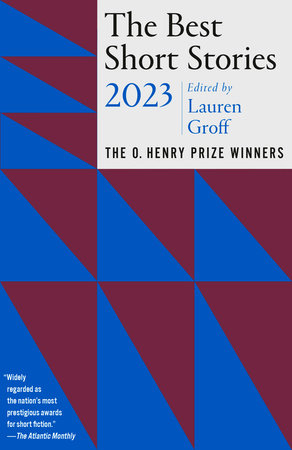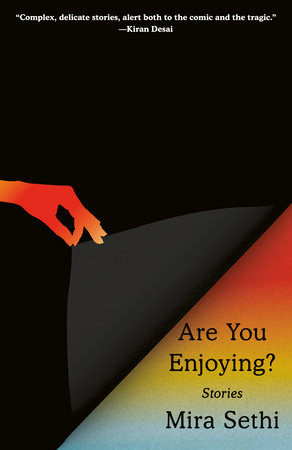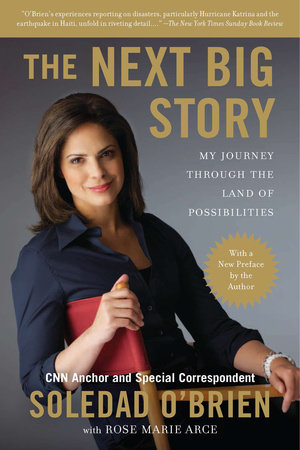Q: You are primarily known as a novelist. What led you to write a work of nonfiction, and what was it like?
In 2012 I was invited to give a series of public lectures at Harvard called the Massey Lectures in American Civilization. These were published by Harvard University Press in a book called Tiger Writing: Art, Culture, and the Interdependent Self; and I did think, when that was done, that I was done with the subject.
As I sat down to a new project, though, I realized that I was not done. Indeed, the more I thought about it, the more I realized that the difference in self I’d talked about in my lectures—the difference between the individualistic, Western self and the collectivistic or “interdependent” Eastern self—pertained to much, much more than art and literature. Indeed, it began to seem to me a kind of Rosetta Stone, with which baffling East-West differences on every level could be understood.
You may imagine my excitement. As for the writing itself, it was far more like novel-writing than I’d anticipated.
Q: I can see why you say that. Though this book ranges from politics to art to sports, it has the arc of a novel. It is also both personal and beyond personal like a novel. Was there anything you didn’t like about writing nonfiction?
I hated doing footnotes!
Q: And there are a lot of them, as you did so much research. Was it hard to work through so many cultural psychology studies?
Not at all. I am comfortable with science; and what’s more, the studies were so ingenious, the findings so interesting, and the psychologists who did the work so brilliant, that going through it all was just a pleasure. If this book brings more attention to the work of people like Richard Nisbett, Hazel Rose Markus, Shinobu Kitayama, Qi Wang, Heejung Kim, Patricia Greenfield, Thomas Talhelm, and their colleagues, I will be thrilled. They are my heroes.
Q: You explain their work with great lucidity. Are you worried about stereotyping?
Of course. Cultural difference can so easily be used to stereotype, to label people as “other,” and so on. Finally, though, if there is a problem, it is with the abusers of knowledge, not with the knowledge itself.
Q: You point out the fact that the word interdependence means something different when it comes to psychology than it does in everyday life. What is the difference?
In everyday life, “interdependent” means something like interconnected, or networked, or community oriented. But for cultural psychologists it implies something far deeper – i.e., a commitment to something larger than the self. That “something” can be a family or a religion or a movement. But finally the interdependent self thinks in terms of self-sacrifice, and usefulness, and service.
Q: It’s a flexible self.
Yes. Self-definition is secondary.
Q: And in this, it is very different than the individualistic self, which psychologists call “independent” and which you refer to as the avocado pit self.
I call it the “avocado pit self” because the individualistic self is focused, not on its role in the order of things, but on being true to its self—to the big pit it envisions within.
Q: To thine own pit be true.
Exactly.
Q: Is either self stable?
No. Both are very much influenced by a person’s context.
Q: At the same time, this difference in self permeates far more than we realize.
Yes. It permeates the way we filter the world – what we see, what we remember, what we say. It permeates our story telling. It permeates our ideas about education, business, law, sports, politics, everything.
Q: And it’s a difference with international implications. While THE GIRL AT THE BAGGAGE CLAIM focuses on East-West differences, you note that much of the world is interdependent, including, to various degrees, people in Central and Eastern Europe, and in the mostly individualistic U.S., too—for example, the Marines, Hawaiians, Southerners, Catholics, members of the working class, and members of many ethnic groups. So understanding this difference is critical to understanding the world.
Yes.
Q: And especially China, which is so important today.
What with the spectacular growth of its economy, China has become more individualistic than it was, but it remains dramatically more interdependent than the U.S.
Q: Are you yourself interdependent?
I count myself ambidependent – meaning that I have both an individualistic and an interdependent side. This fact was more of a distinction when I was growing up than it is now. What with globalization, there are more and more people like me today– and a growing appreciation, too, I might add, of what a gift it can be to have both selves.
Q: You point out as well that America has become more and more individualistic in the last few decades. Is it fair to say that Americans were once more Asian?
Post-war Americans were not unlike Asian Americans today. They had a keen appreciation for the sacrifices that made their lives possible; they would never have imagined themselves beholden to no one. And when JFK said things like “Ask not what this country can do for you; ask what you can do for this country,” they felt inspired.
Q: Who do you hope will read this book?
While I think this book will be of special interest to anyone who is teaching or doing business with Asians, or visiting or studying Asia, I hope it will be read, too, by people wanting just to understand the world and themselves. Playwright David Henry Hwang thrilled me when he said that THE GIRL AT THE BAGGAGE CLAIM helped him answer questions he’s asked his whole life. But you don’t have to be Asian American, I think, to come to see everything a bit differently.
Q: It’s the Rosetta Stone.
Well, a Rosetta Stone, anyway! – yes.
